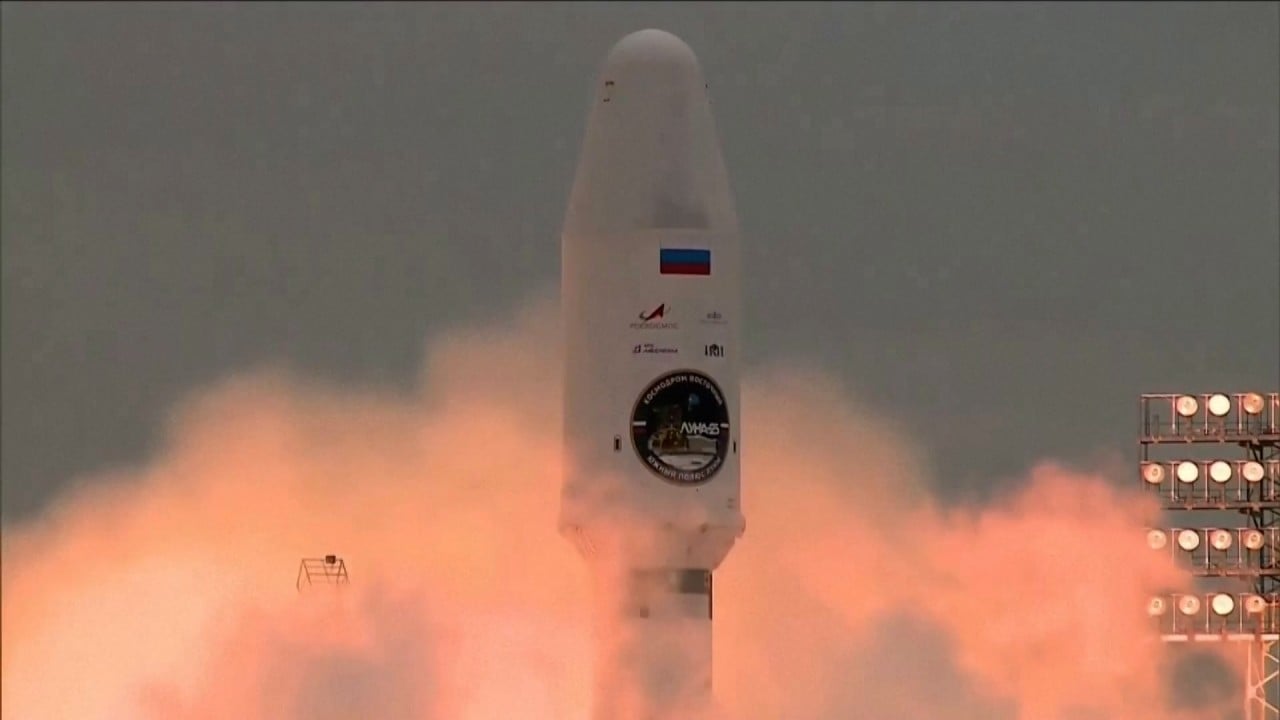Besides Russia, the national space agencies of Venezuela, South Africa, Azerbaijan, Pakistan and Belarus have signed up to the ILRS since July, according to official releases from the DSEL since its inauguration in February last year.
The ILRS partner list also includes the UAE, Argentina and Brazil, which had signed either a cooperation agreement or letter of intent with China by April, according to Wu Weiren, chief designer of the Chinese lunar exploration programme and DSEL’s director general.
Negotiating with more countries as potential participants, China welcomed “all agencies, NGOs and individuals to join the ILRS at any stage and any level”, Wu told an international space exploration conference in Hefei in late April.
While the US was leading what was often seen as a race to return to the moon, China’s approach had an advantage, ILOA chairman Steve Durst said.
“The Artemis Accords is having great success on a nation-state basis, but its scope could expand from civil space agencies to the broader lunar community in democratic fashion, just like how China opens up its initiative to NGO participation,” Durst said.

“If independent organisations or even individuals were allowed to join the Artemis Accords, we would have preferred to sign it even before signing the ILRS, and we still hope to do that as soon as it becomes possible.”
Both the US and China have said their programmes are open to all countries without exception. While the Wolf Amendment prohibits Nasa from engaging in bilateral cooperation with China, multilateral collaboration has been allowed.
During an interview with Russian news agency TASS last month, Nasa communications official Tiffany Travis said the agency would “leave the doors open” to its potential participation in the ILRS.
And China was not excluded from signing the Artemis Accords, said Brian Weeden from Secure World Foundation, a think tank in Washington DC.
“Politically it is difficult, but there’s nothing in law that says they can’t, and I think Nasa would be all for it if China did,” Weeden said.

